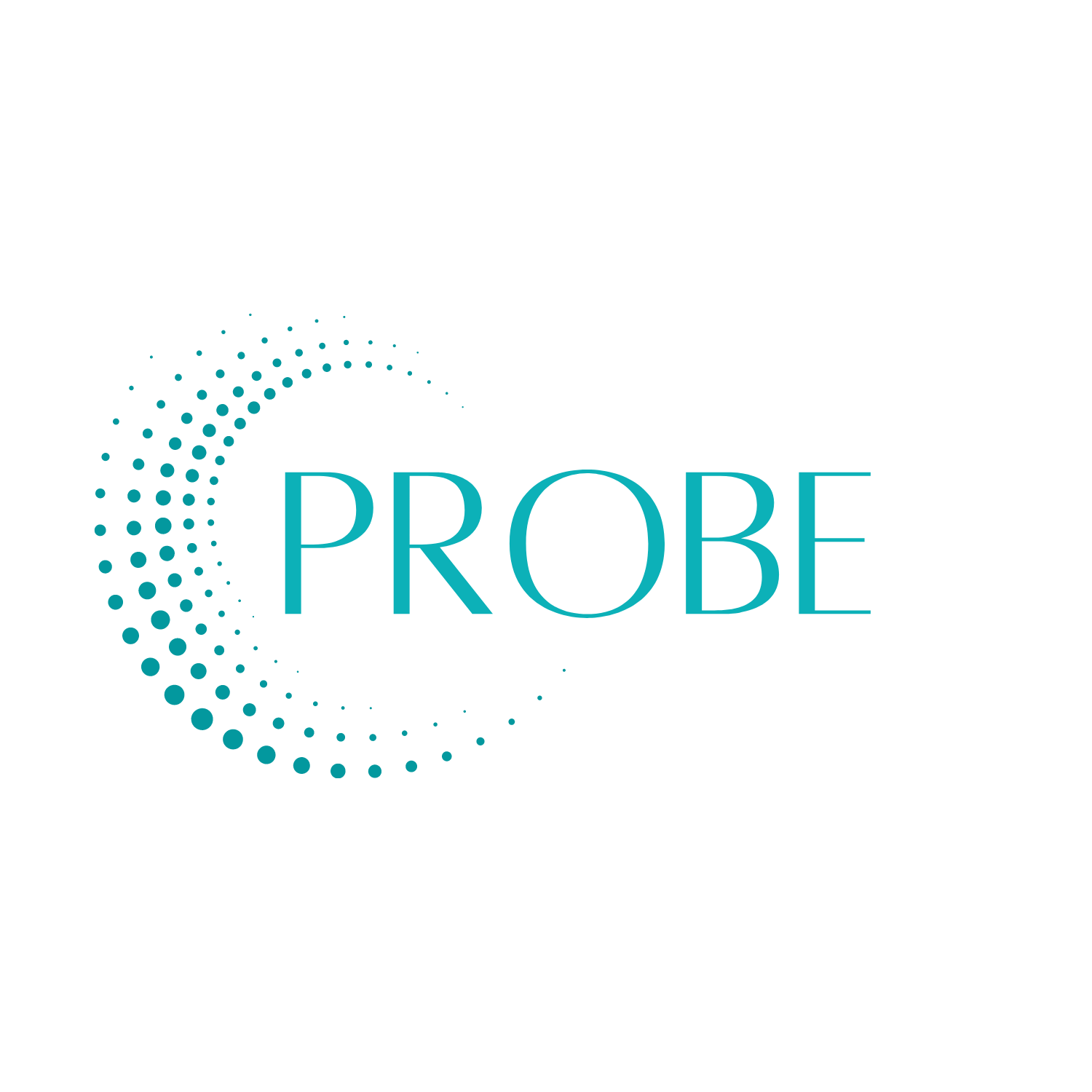Introducing the PROBE Study
An eye exam may help to diagnose Parkinson's Disease, ALS, MSA, and CAA early
We believe that your eyes are a window to the brain; more specifically, the retina at the back of your eye allows you to see.
We've found that the retina not only allows you to see but it may allow doctors to find clues about major diseases before other physical symptoms arise.
Through the retina, we may find evidence of some diseases like Parkinson's Disease, Cerebral amyloid angiopathy (CAA), Multiple system atrophy (MSA), and amyotrophic lateral sclerosis (ALS) - commonly known as Lou Gehrig's disease. In these diseases, some proteins fold into an abnormal shape deposited throughout the central nervous system (CNS), including the retina. In Parkinson’s disease, the abnormal protein is called alpha-synuclein. In ALS, it is called TDP-43; in CAA, it is called amyloid beta. These abnormal protein deposits are characteristic of their respective diseases, and they are often referred to as "biomarkers." Researchers are looking to find ways to detect these biomarkers early in the disease progression to facilitate an earlier and more definitive diagnosis.
Right now, people with Parkinson's Disease, MSA, ALS, and CAA are unaware that they have these diseases until physical symptoms occur.
There are no definitive diagnostic tests for Parkinson's Disease, MSA, ALS, and CAA, and often it is a matter of ruling out other conditions with similar signs and symptoms. This may result in delayed diagnosis of the disease.
This clinical study is an important step in developing a diagnostic test that will be easy to use and provide an opportunity for early detection of these diseases.
The retina is a layer of neural tissue at the back of the eye that enables us to see. It is part of the CNS, and because the eye is translucent, it can be non-invasively and easily visualized and studied. We have developed a novel contrast dye, called a retinal tracer, that fluorescently labels (or "lights up") disease-related biomarkers in the retina, giving doctors the ability to look into the eye during a conventional eye exam and see evidence of Parkinson's Disease, MSA, CAA, or ALS potentially detecting these diseases at earlier stages than is currently possible.
Retinal tracers enable simple, non-invasive, and widely adoptable means to detect the abnormal proteins in the retina earlier, with the possibility of tracking disease and its response to therapy over time. We expect that the investigational drug used in this study will bind to alpha-synuclein in the retina of ALS patients. Once it is bound, the drug (i.e., the retinal tracer) emits a strong fluorescent signal and lights up the abnormal protein deposits, which can then be detected using a conventional retinal camera as fluorescent spots.
Study Procedures
This study is the first time the investigational study drug called AMDX-2011P has been studied in humans. If you are diagnosed with Parkinson's Disease, MSA, ALS, and CAA by your neurologist, you may be able to participate in this study.
You will need to come in for a visit to make sure you are the right candidate for the study. After you qualify as a good candidate, the study requires two visits to the clinic. On the day you receive the study drug, you will stay in the clinic for at least 8 hours, and the next study visit may be shorter. If you decide to participate in this study, the study doctor will provide all the information about the study.
The study drug is not intended to cure your disease or to improve your symptoms. It is an investigational agent to determine if it may assist in diagnosing and monitoring your disease.
This study will help advance science and may enable doctors to diagnose Parkinson's Disease, MSA, ALS, and CAA more accurately and earlier. This capability would benefit patients by enabling treatments to be initiated earlier and, in the long run, by facilitating the recruitment of patients at earlier stages of disease into clinical trials of new therapeutics.
Would you like to enroll in the study?
You might be compensated with up to $1,000 USD in stipends**
**If you complete all study visits you will receive up to a total of $825.00. If you are asked to complete the additional 24-hour health assessment in the study office, you will receive up to a total of $1,075.00. If you withdraw from the study before it is completed, you will receive compensation for completed visits only. Compensation schedule: $250.00 for a completed screening visit, $325.00 for Day 1/Baseline completed visit, $250.00 for Day 7 completed visit, $250.00 for 24-hour health assessment if completed in the office. A completed visit means all scheduled study procedures have been completed within study timelines. You will be compensated within 1 month following your participation in the trial.
